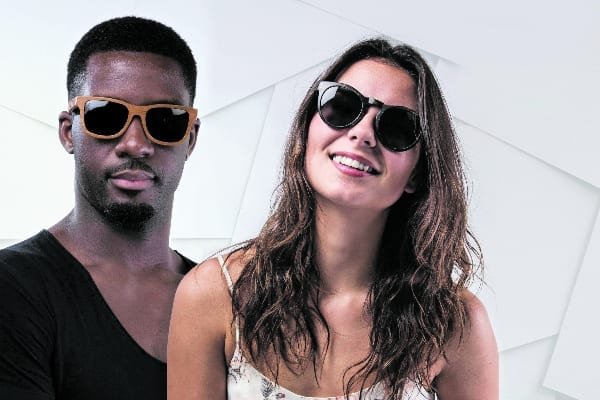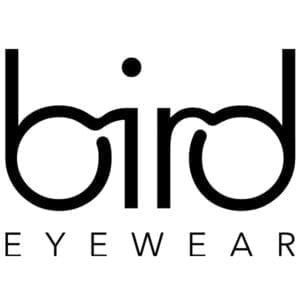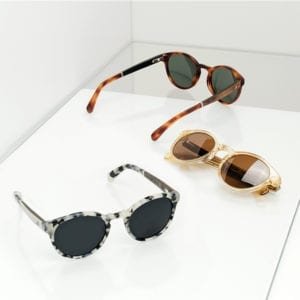This article first appeared in our Health Revolution issue of My Green Pod Magazine, distributed with The Guardian on 24 July 2020. Click here to subscribe to our digital edition and get each issue delivered straight to your inbox
In April 2020, the UK got its first B Corp eyewear company: Bird Sunglasses. It’s one of only three B Corp eyewear brands in the world.
Achieving B Corp status is no mean feat; a company has to demonstrate that it balances profit with purpose, and that its operations prioritise the environment and society.
‘We designed our brand from the ground up to be a purposeful and more-than-profit business’, explains Ed Bird, founder of Bird Sunglasses. ‘Although there is more awareness now of ethical issues associated with clothing and footwear, the eyewear industry is behind the curve. Not many companies consider all aspects of ethical business, from being ‘more than profit’ to the materials used, team structure and pay.’
Buy what you love
Ed comes from a creative family; he and his brothers had always wanted to start a business together, and Bird Sunglasses was a way for them to combine creativity, business and social purpose.
‘Specifically, the idea came from being fed up with throwing away cheap, plastic sunglasses’, Ed tells us, ‘alongside the desire to do something creative using sustainable materials.’
Most eyewear companies use plastic injection-moulded frames that are produced cheaply and contribute to the throwaway culture of fast fashion. In contrast, Bird customers are actively encouraged to choose well and buy once.
A fantastic virtual try-on feature has just gone live on Bird’s website; you can play around with different styles from the comfort of your own home, and get a real sense of how the various frames and styles will look on your face.
Eco frame materials
Bird’s premium frames use materials such as certified woods, bio-based acetate and repurposed aerospace aluminium.
Do sustainable materials require compromised quality? ‘Absolutely not’, Ed tells us. ‘We’ve always been clear that we’re creating quality, designer sunglasses – the sustainable aspects are a bonus.’
 Play Video about This Rock Might Just Save The World
Play Video about This Rock Might Just Save The World Play Video about Play 2 hours of rock
Play Video about Play 2 hours of rock Play Video about Play 2 hours of brook
Play Video about Play 2 hours of brook Play Video about Play 2 hours of sheep
Play Video about Play 2 hours of sheep













































